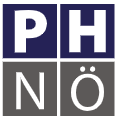Detailed introduction of University College of Teacher Education Lower Austria:
Introduction
Located in Baden, Lower Austria, University College of Teacher Education Lower Austria is a higher education institution focusing on teacher education. It trains teachers for primary and secondary education and provides various continuing education and advanced courses for teachers.
Overview
Student size: There are about 77,625 registered students in full-time and part-time courses, and about 40,000 students participating in advanced teacher training and continuing education.
Course settings: Bachelor and Master's degree courses in education are offered, including initial training for primary school teachers, initial training for secondary school teachers, further training and advanced education for teachers, and multiple master's degree courses. In addition, there are courses in many fields such as educational science, diversity, basic education, leadership culture, media education, and school development.
History and establishment time
The school was established in 2007.
School strength
Teaching staff: It has 593 teachers who can provide students with professional teaching guidance and support.
Practical teaching: The courses are based on a solid academic foundation and combined with rich school practice to provide students with a large number of internship opportunities to help students apply theoretical knowledge to practical teaching and improve their teaching ability.
International exchange: Provide courses for international students, actively carry out international exchange and cooperation projects, expand students' international vision, and cultivate educational talents with international competitiveness.
Institutional nature
The school is a non-profit public and private cooperative institution.
Educational philosophy
Emphasis on the combination of academic discipline foundation and school practice, focus on cultivating students' lifelong learning ability, and is committed to promoting the professional development of teachers in the European and international context, so that students can adapt to the changing educational environment and social needs.
Key disciplines and departments
Key disciplines: Teacher education is its core key discipline, covering all stages from preschool education to secondary education, as well as vocational education and other fields. It also has strong teaching and research capabilities in related disciplines such as educational science, educational technology, and educational management.
Faculty: There are the Faculty of Educational Science, the Faculty of Diversity, the Faculty of Basic Education, the Faculty of Leadership Culture, the Faculty of Media Education, and the Faculty of School Development. Each faculty has its own unique curriculum system and teaching objectives, and together they serve to cultivate all-round educational professionals.
Ranking
Ranked 7764th among 14131 universities in the world, 1728th among 2785 universities in Europe, and 47th among 71 universities in Austria.
Expenses
Tuition fees: The tuition fees for bachelor's and master's degree programs are 360 euros per semester, and the tuition fees for doctoral degree programs are 730 euros per semester.
Other expenses: Please note that tuition fees do not include other expenses such as accommodation, textbooks, and living expenses.
Campus
Location: The campus is located in the town of Baden, 23 kilometers south of Vienna in the eastern part of the Vienna Woods. Baden is a city with about 26,000 people. The hot spring town with a small population has a beautiful environment and a pleasant climate, providing students with a comfortable learning and living environment.
Facilities: The school is equipped with modern teaching facilities and learning resources, such as libraries, laboratories, multimedia classrooms, etc., to meet students' learning and research needs.
-

Graz University of Technology
-

University of Linz
-
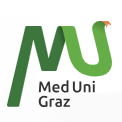
Medical University of Graz
-

University of Leoben
-

Medical University of Vienna
-
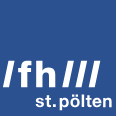
St. Pölten University of Applied Sciences
-
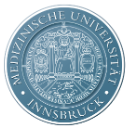
Innsbruck Medical University
-
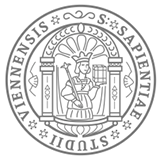
University of Vienna
-
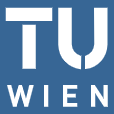
Vienna University of Technology
-

University of Natural Resources and Applied Life Sciences, Vienna
-

Mesoamerican University
-

Istmo University
-

Mariano Galvez University of Guatemala
-

Regional University of Guatemala
-

Galileo University
-

Francisco Marroquín University
-

Rafael Landívar University
-

University of the Valley of Guatemala
-

University of San Carlos of Guatemala
-

Technological Institute of Tlaxcala Plateau
-

Golfo University
-

Technological University of South Sonora
-

Technological University of Huejotzingo
-

Tizimín Institute of Technology
-

Chilpancingo Institute of Technology

